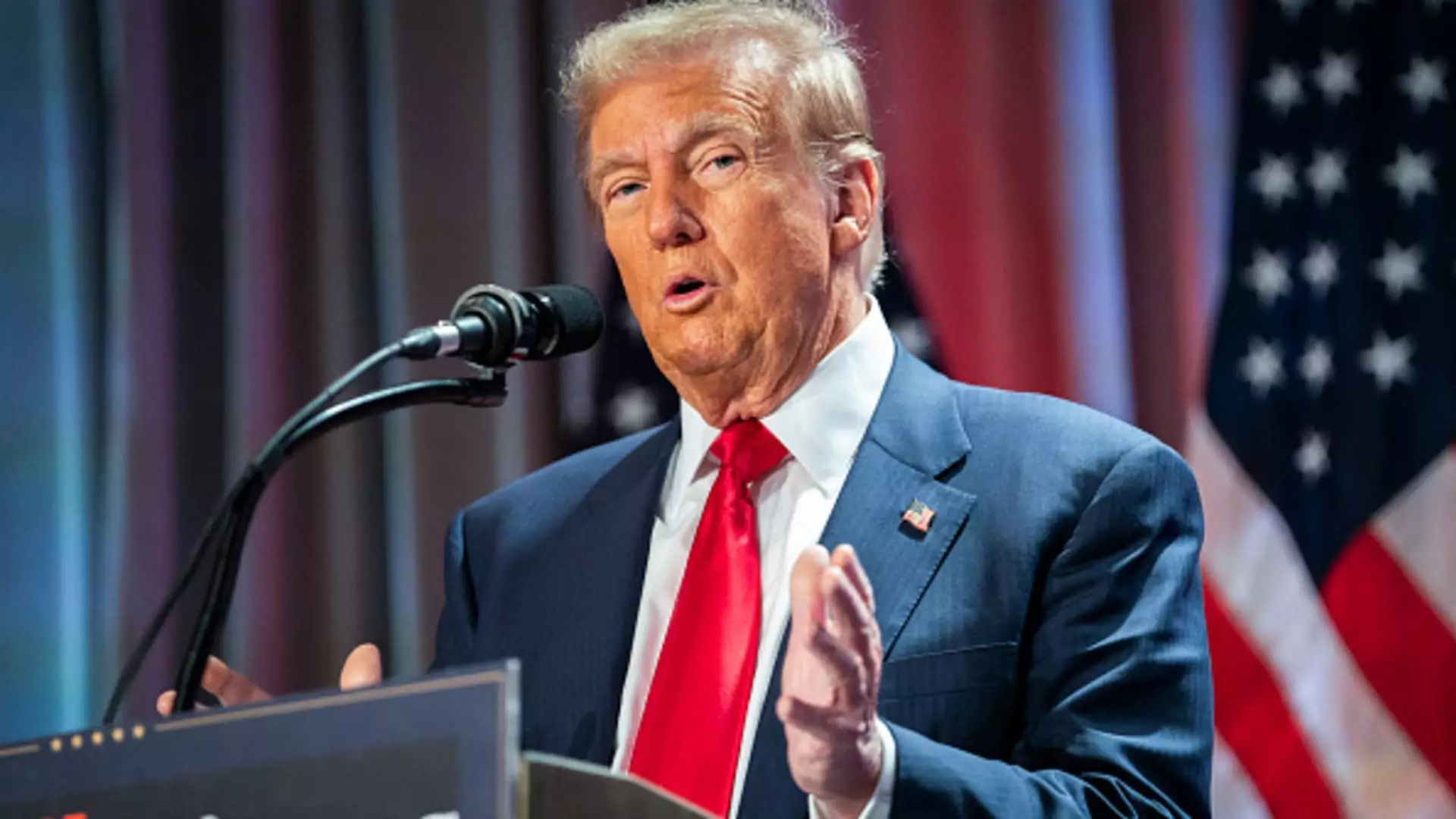As the new administration under President-elect Donald Trump prepares to implement its tariff agenda, investors face a challenging and uncertain economic environment. The anticipated policies are raising concerns about potential inflationary pressures that could ripple through the economy. In light of this, investors must strategically navigate their portfolios to safeguard against volatility while capitalizing on emerging opportunities. The recent insights from money manager John Davi highlight a focused investment approach that contrasts small-cap stocks with their larger counterparts.
Davi, CEO of Astoria Portfolio Advisors, emphasizes the advantages of small-cap industrial stocks over large-cap industrials. This perspective underscores a broader trend among investors who anticipate a favorable environment for domestic firms benefiting from pro-growth policies. The Russell 2000 index, which tracks small-cap stocks, has experienced significant gains since Trump’s election, reflecting Wall Street’s confidence in this segment. With an increase of approximately 4% since the election, small-cap stocks are gaining traction, positioning them as attractive options for investors seeking exposure to the domestic market.
Davi’s confidence in U.S. equities is evident as he expresses a bullish outlook for the domestic market. His strategy highlights a preference for investments within the United States, fortifying the belief that this approach is prudent given the economic trajectory anticipated in the lead-up to the midterm elections. Davi articulates that for the next two years, the administration has the opportunity to steer domestic policy narratives, thereby creating a conducive environment for small-cap businesses to flourish. This conviction aligns well with broader economic forecasts suggesting a resurgence in domestic manufacturing and job creation, driven by supportive policies.
However, despite the optimism in small-cap equities, Davi advises caution regarding fixed-income investments. He cites apprehensions surrounding the mounting budget deficit and its implications for bond markets. The recent uptick in the 10-year Treasury yield, which has surged by approximately 3% since the election, reinforces concerns that the bond market may be vulnerable in the face of rising inflation and interest rates. Consequently, investors holding bonds should exercise prudence and reassess their fixed-income strategies in light of these challenges.
Navigating the evolving economic landscape post-election demands a critical reevaluation of investment strategies. As highlighted by John Davi, a focus on small-cap industrials backed by a robust domestic policy outlook offers a viable path forward. Investors must remain vigilant, balancing their portfolios to mitigate risks while seizing available opportunities. By emphasizing strategic asset allocation and a cautious stance towards fixed income, investors can position themselves favorably for the challenges and possibilities that lie ahead in this new economic era.

